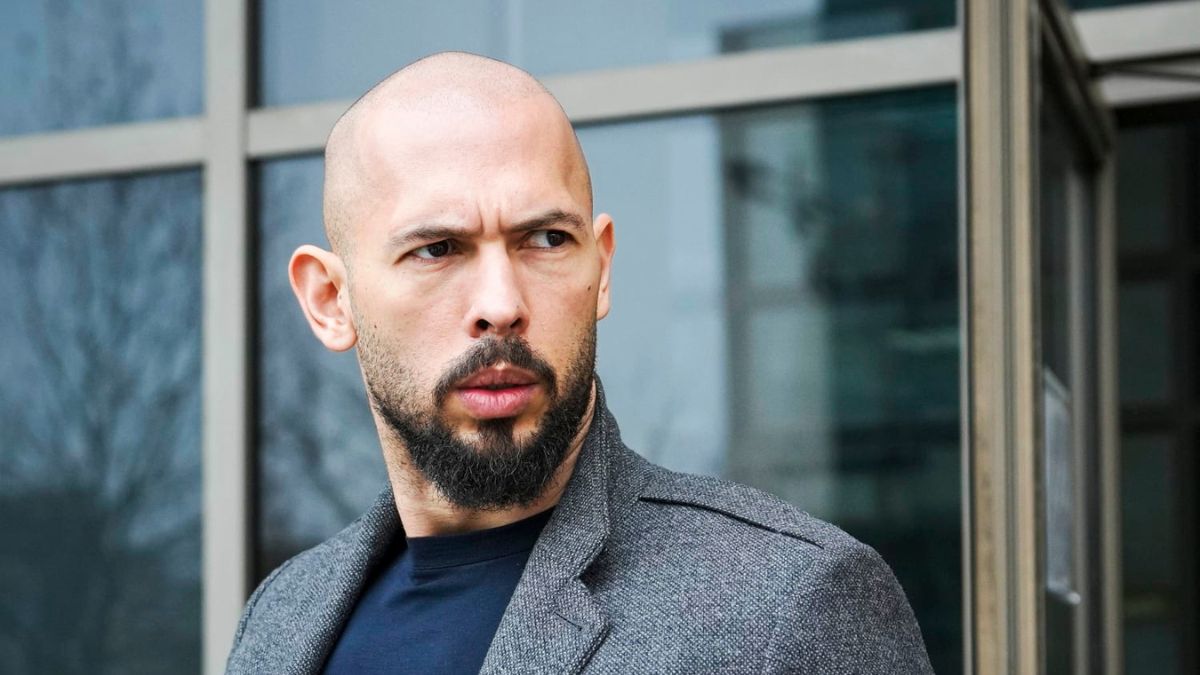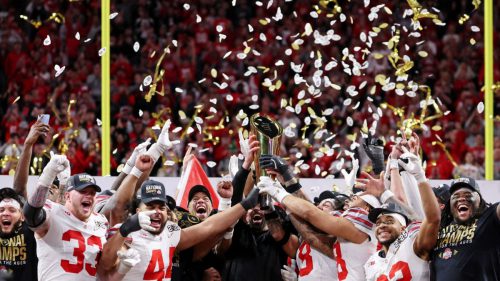

BreakPoint
Seeing Beyond the Bullets
As a young man during the Korean War, I was in basic training as a Marine lieutenant. I learned that half of all lieutenants in the war were coming home in pine boxes—a statistic that marvelously concentrated the mind. My instructors told me that my task was to rally the troops, stand up in the middle of combat, and say "follow me." Of course, the fellow who stands up first is the first to get shot at. So, you wonder, what would persuade someone to do a thing like that? The answer is that leaders act on the orders of their superiors. They see things others do not, and then have the courage to call others to follow. It's the same principle of leadership whether you're a military leader or a spiritual leader. As a Marine officer, I was expected to look past the bullets flying at me. I had to trust that my superiors knew we could win if we advanced ahead, and I believed that if we cowered in our foxholes we'd be wiped out. I had to convey that confidence to my men in order to get them to follow me. The analogy carries over to Christian leadership. The spiritual leader, like the Marine lieutenant, is fighting in a war, but it's a spiritual war, against the powers of darkness, to use Paul's phrase. The Christian leader, like the military leader, has to get his orders from his Commander. He has to get God's vision of things. How do we learn to see things from God's perspective? First, through prayer and studying God's Word. If you don't spend time with God, you will be flying blind against your spiritual adversary. Second, leaders should be accountable to a small group of fellow believers. Brothers and sisters can often confirm or deny God's leading. One of my favorite stories from Scripture illustrates well what spiritual leaders should do. In Second Kings we read that the King of Aram is at war with Israel. One night he sends his forces to capture the prophet Elisha. The next morning, when Elisha's servant wakes up, the servant sees an entire army with horses and chariots surrounding the city. "Oh, my Lord," he said to Elisha, "what shall we do?" Elisha says, "do not be afraid, those who are with us are more than those who are with them." Elisha, you see, could see something his servant could not. He saw the chariots of fire—God's army—and they outnumbered the Aramean army. He then asked that his servant would be able to see the same thing. Elisha saw things from God's point of view, and this enabled him to lead. It gave him the authority and the courage to press on—the same kind of courage Marine lieutenants need to have in the field of battle. These principles apply whether we are leaders of great Christian movements, churches, or leaders in our own homes and Bible studies. To exercise spiritual authority, we need the vision of Elisha, to look beyond the limits of our own narrow, human horizon to see what God sees. And then, we've got to have the confidence to communicate that vision to those around us and say, "Fear not. Those who are with us are greater than those who are with them."
11/17/98















